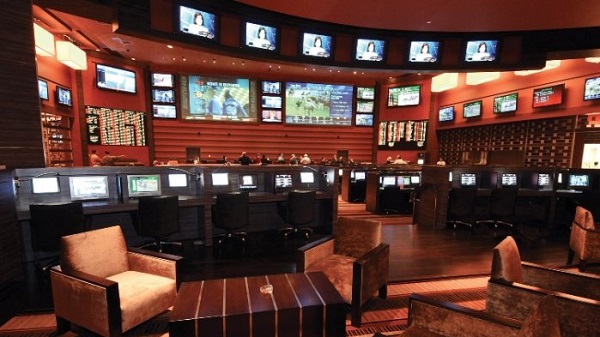Handicapping services, also known as touts, offer picks on upcoming sports events. The idea is simple – they do the handicapping work for you, and all you have to do is bet the way they suggest, and you’ll win more often.
Unfortunately, like any business, sports pick sales services are hit or miss. Anyone capable of consistently handicapping games correctly is either working for the sportsbooks or placing bets privately on their own. There’s also the cost to consider – any extra money you spend on picks is essentially money out of your bankroll.
If you’re going to buy picks, you should spend however long it takes to research and find low-cost services with a decent track record. Of course, you also want to keep the cost low, since any money you spend on picks requires a higher winning percentage in order to break even or turn a profit.
But is it even a good idea to buy picks in the first place?
This short guide to buying sports picks is intended to explain the basics and discuss the question of whether or not it’s a good idea to trust pick-salesmen.
How Sports Picks Work
Betting on sports is tough for the average person. That’s one of the reasons touts exist in the first place. In fact, most sports bettors are losers. It’s tough to bet over the course of a few weeks, much less an entire season, and beat the bookmakers.
It’s only natural that bettors finding themselves on the wrong end of a losing streak would look for outside help. This is basic psychology – if someone offers a gambler the chance to win big (for what seems like a low price), the gambler is probably going to be interested.
These professional handicapping services sell picks at different rates. It’s common to pay as little as a buck per pick, though some highly-rated services charge well into the hundreds or thousands of dollars per tip.
Plenty of services charge monthly rates rather than item-by-item fees, and at something like $10 a month, the service seems totally worthwhile.
The Downsides of Buying Sports Picks
The biggest downside is that you probably aren’t any better off for having bought a pick. Think about it. What would happen if the handicapper who sold you the pick were any good? He’d either be betting privately or working somewhere in Vegas, wouldn’t he? Sure, some pick services are above-board, but are you willing to take that chance?
Another problem comes when bettors stop using their heads and start relying on their wallet alone. It’s one thing to pay $1 to get a Super Bowl read from a bettor with a good reputation. It’s something else to place a $1,000 bet on the game based ONLY on one person’s read.
Depending on handicapping services for your wagers sucks some of the fun out of the hobby. I’m a sports fan first, and a bettor second, so I like learning the intricacies of the game. If that part isn’t fun for you, maybe you should consider a gamble with a slightly better house edge.
Is It Ever Smart to Buy Sports Picks?
I can think of a few instances when buying sports picks isn’t a bad idea:
- if it helps you enjoy sports betting more
- if you combine store-bought picks with your own research
- if you simply don’t have time to research
- if the picks are inexpensive or from a trusted source
Outside of those reasons, proceed with caution. You may be spending a lot of money (and blowing your bankroll) on worthless picks.
Be Your Own Tout
If a more cost-effective way to make smarter sports betting picks existed, would you use it? I’ve figured out a few simple ways to beat the sportsbooks at their game without spending a dime.
Become familiar with line movement strategy. When the line (the point spread) moves in one direction or the other, that’s line movement. Because lines move pretty often in sports, smart bettors learn to take advantage of higher and lower prices. Getting a cheaper price for your bet is a much bigger advantage than relying on a tout service.
Learn to buy points. Sportsbooks give bettors the option of “buying points” on spread wagers in football and basketball. In fact, you can do this one of two ways, either giving away fewer points on the favorite or buying more points on the favorite. At most books, bettors pay 10% per half-point.
An example would make this easier to understand – if the Colts are -5.0 -110 against the Texans (who are +5.0 -110), you can buy a half-point to bet Indianapolis at -4.5 -120. Or you could bet Houston +5.5 -120 for the same price. The idea is to move the line a little more in your bet’s favor.
This strategy works in football and basketball because a lot of games end within a half-point of the spread. Since you’re technically moving the line (just for your individual wager), this tactic is more effective than relying on a purchased tout, if a little more costly than a standard wager.
Find free picks online. There’s no reason to pay for picks when bloggers, sports fans, Twitter personalities, and others hand their picks out for free all the time. Sure, you have to do your homework and figure out who to trust and who to avoid, but this should just take a few weeks of betting, by which time you have a brand-new source of totally free picks available at the click of a mouse.
Why would you ever pay for picks, when you can get them for free, act as your own tout, or just become a smarter handicapper? Follow the advice above, and make sure that you combine the advice from any picks you buy with research and confidence in your wager.

 MENU
MENU















